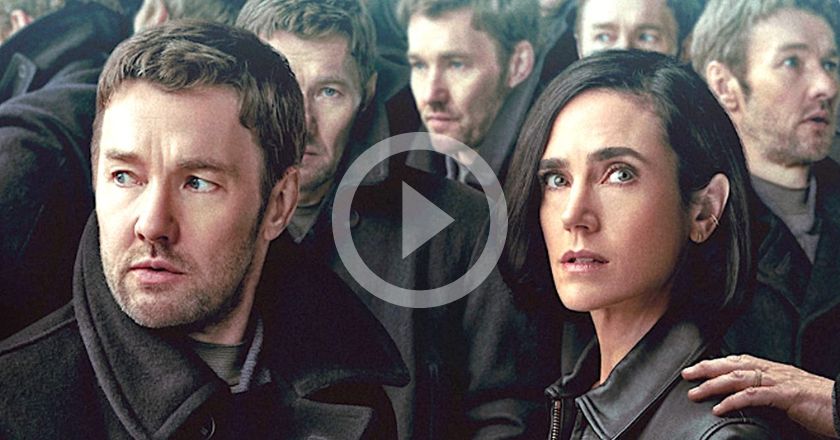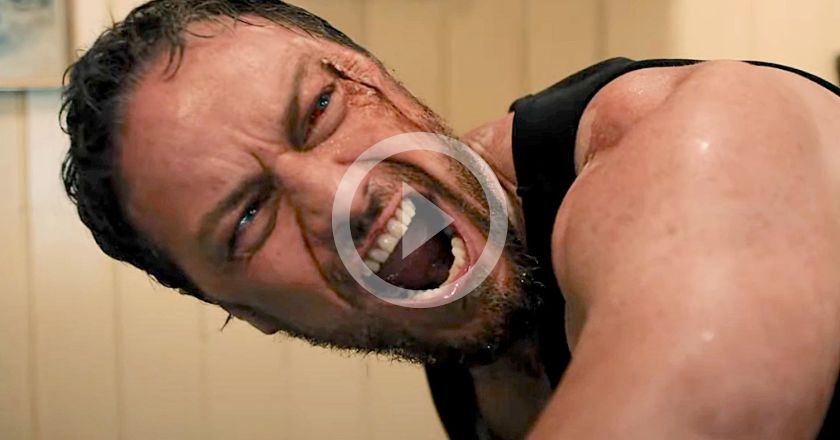
Although Henry Cavill made us believe that a man could brood in 2013’s blockbuster hit, Man of Steel, it was Christopher Reeve who truly made us all believe that a man could fly way back in 1978. He had the gorgeous good looks, the jawline and the build. He also had an amazing movie to star in. Superman: The Movie set the trend of superhero blockbuster films that has continued to dominate our culture today. Think about how cinema seems to have been partly dominated by superhero franchises nowadays. Without this great comic adaptation, that might not have been possible.
Perhaps what made this film such a key piece in superhero movie history was its tackling of the source material. Previous attempts at bringing superheroes from the comic book page to the world of live-action resulted in Adam West’s 1960’s Batman series and, of course, George Reeves’ portrayal of Superman in the 1950s’ Adventures of Superman. The link between these two shows was that they presented very campy, somewhat childish takes on the comic book characters on which they were based. However, Superman: The Movie, headed by director Richard Donner, did away with the campiness (well, to a certain extent anyway) and brought in a story with far more adult themes and more three-dimensional characterisation than seen previously. The relationship between Superman and Lois Lane was explored more deeply, as was the character of Clark Kent/Superman himself. Thankfully, this approach paid off.

The film was unique in the way it portrayed a superhero’s origin story. It’s easy for us to see why this godlike figure stands for truth, justice and the American way, because the film explores the strong morals of his adoptive and biological fathers, Jonathan Kent and Jor-El, respectively. We see their influence on him throughout the film and that, in itself, is heartwarming. The depiction of this character is, of course, helped by Christopher Reeve’s brilliant performance. As Superman, Reeve gives the character a sense of confidence and moral upstanding, traditional to the caped hero. It emanates from his performance, making it easy to believe that this man is Superman. For many people during this era, he was Superman. Heck, even after Henry Cavill’s recent portrayal, many still favour Reeve’s version. It is that iconic. Likewise, the portrayal of geeky, clumsy Clark Kent is truly great and endearing to watch. What is impressive is that Reeve successfully managed to create a distinction between these two identities, making this depiction of the Clark Kent disguise arguably the most credible to date. Look at his awkward mannerisms, his huge glasses and listen to his nervous stutter ““ who could believe that this bumbling reporter could be the world’s greatest superhero?
That is not to say, of course, that the rest of the cast are without merit, with Margot Kidder playing a sassy Lois Lane and Marlon Brando playing a brilliantly wise and philosophical Jor-El. Gene Hackman’s portrayal as Lex Luthor may be quite dated as he plays the typical criminal mastermind, but it was good for its time. They were great performances, given the superhero genre was relatively new in Hollywood during this period. However, what truly blew audiences away were the special effects. While obviously dated now, putting Reeve on a wire held by a crane and giving viewers the illusion he was actually flying through the streets of Metropolis was an impressive feat. The scene where Superman and Lois are holding hands flying through the sky is truly a memorable set-piece. This was, after all, way before the digital age made these effects much easier to emulate, forcing filmmakers to use a variety of camera effects and lenses to achieve the desired result.

This classic certainly lacks the no-holds-barred action scenes of Man of Steel ““ those kinds of moments would have been impossible to recreate in the late 70’s. However, Superman would pit his strength against Zod and his minions in Superman II a couple of years later, a film that is just as good as the original, if it doesn’t surpass it. It really is a shame that the sequels that followed didn’t follow suit in terms of quality. Superman III is better off not being mentioned and Bryan Singer’s Superman Returns, released in 2006, was a decidedly average semi-sequel to Superman II and more of a love letter to Donner’s work than a true superhero flick. It wasn’t until Snyder gave the Last Son of Krypton a much-needed reboot that we got a true new Superman film. Even then, it garnered a mixed reception from audiences. But back in the 1970s, Superman wowed all and set a mountain that all superhero films would struggle to overcome for many years. Its unique special effects and writing would highly influence the conventions of the superhero movie genre for years to come.
– N.F.







